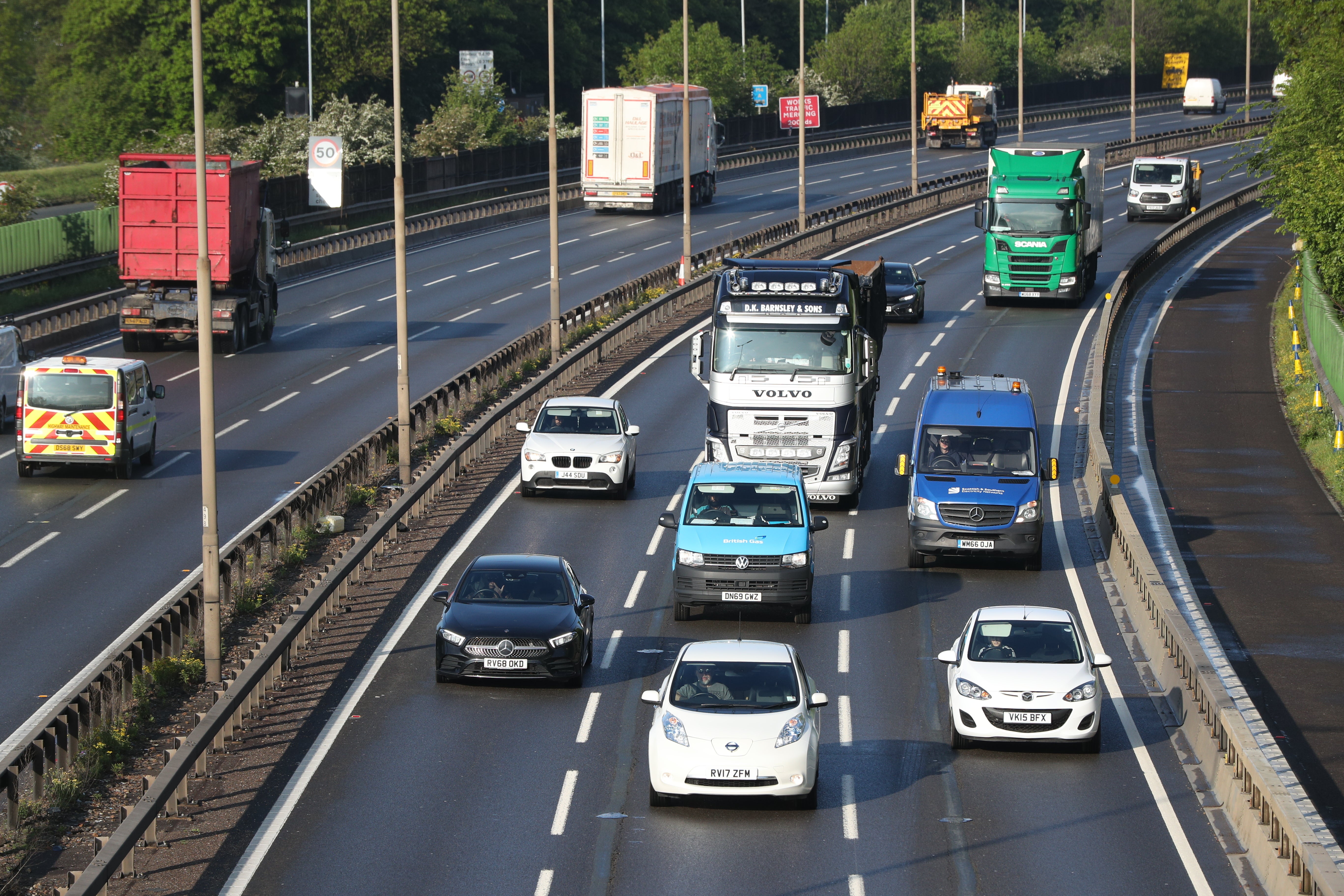Number of unlicensed vehicles on UK roads up by 85,000 in two years
Statistics published by the Department for Transport shows an estimated 719,000 untaxed vehicles are being used.

Your support helps us to tell the story
From reproductive rights to climate change to Big Tech, The Independent is on the ground when the story is developing. Whether it's investigating the financials of Elon Musk's pro-Trump PAC or producing our latest documentary, 'The A Word', which shines a light on the American women fighting for reproductive rights, we know how important it is to parse out the facts from the messaging.
At such a critical moment in US history, we need reporters on the ground. Your donation allows us to keep sending journalists to speak to both sides of the story.
The Independent is trusted by Americans across the entire political spectrum. And unlike many other quality news outlets, we choose not to lock Americans out of our reporting and analysis with paywalls. We believe quality journalism should be available to everyone, paid for by those who can afford it.
Your support makes all the difference.An extra 85,000 unlicensed vehicles are being driven on UK roads compared with two years ago, official figures show.
Statistics published by the Department for Transport shows an estimated 719,000 vehicles are being used despite their vehicle excise duty (VED) not being paid.
This represents 1.8% of vehicles, up from 1.6% in 2019 when the total was 634,000.
Motorcycles were excluded from the most recent research.
Some 45% of vehicles being used without VED have been untaxed for more than two months, suggesting there is a persistent minority of motorists who are intentionally not taxing their vehicles.
Lost revenue from non-payment of VED has soared since the abolition of the paper tax disc in October 2014.
Figures for Britain show the potential total has risen from £35 million in 2013/14 to £113 million in 2021/22.
Abolishing the paper disc removed the visual in-vehicle reminder of the expiry date for VED, although notifications are sent by the Driver and Vehicle Licensing Agency (DVLA).
The Government said at the time that the decision would eventually save the DVLA about £7 million a year.
Every vehicle registered in the UK must be taxed if it is driven or parked on a public road. The amount varies based on a vehicle’s CO2 emissions.
Failing to pay typically leads to an £80 fine, although if a case goes to court the maximum penalty is £1,000.
RAC head of roads policy Nicholas Lyes said: “It’s hugely concerning that we’re seeing ever greater numbers of unlicensed vehicles on the roads with the total number now standing at nearly three-quarters of a million.
“While we’d like to think the abolition of the paper tax disc back in 2014 isn’t responsible, the fact remains evasion has increased significantly since then to the point where a shocking two in every 100 vehicles on the road aren’t taxed.
“We urge the DVLA to step up enforcement and to do all it can to bring evasion down, as it is clearly not fair on those who do pay their fair share to drive on the road.”
AA head of roads policy Jack Cousens said: “High inflation, particularly with pump prices that refuse to drop despite big falls in the wholesale cost, always pressure many low-income drivers to run the gauntlet and not pay their tax.
“It is foolish for them to chance their arms because the penalties are severe, even potentially having the car crushed.”